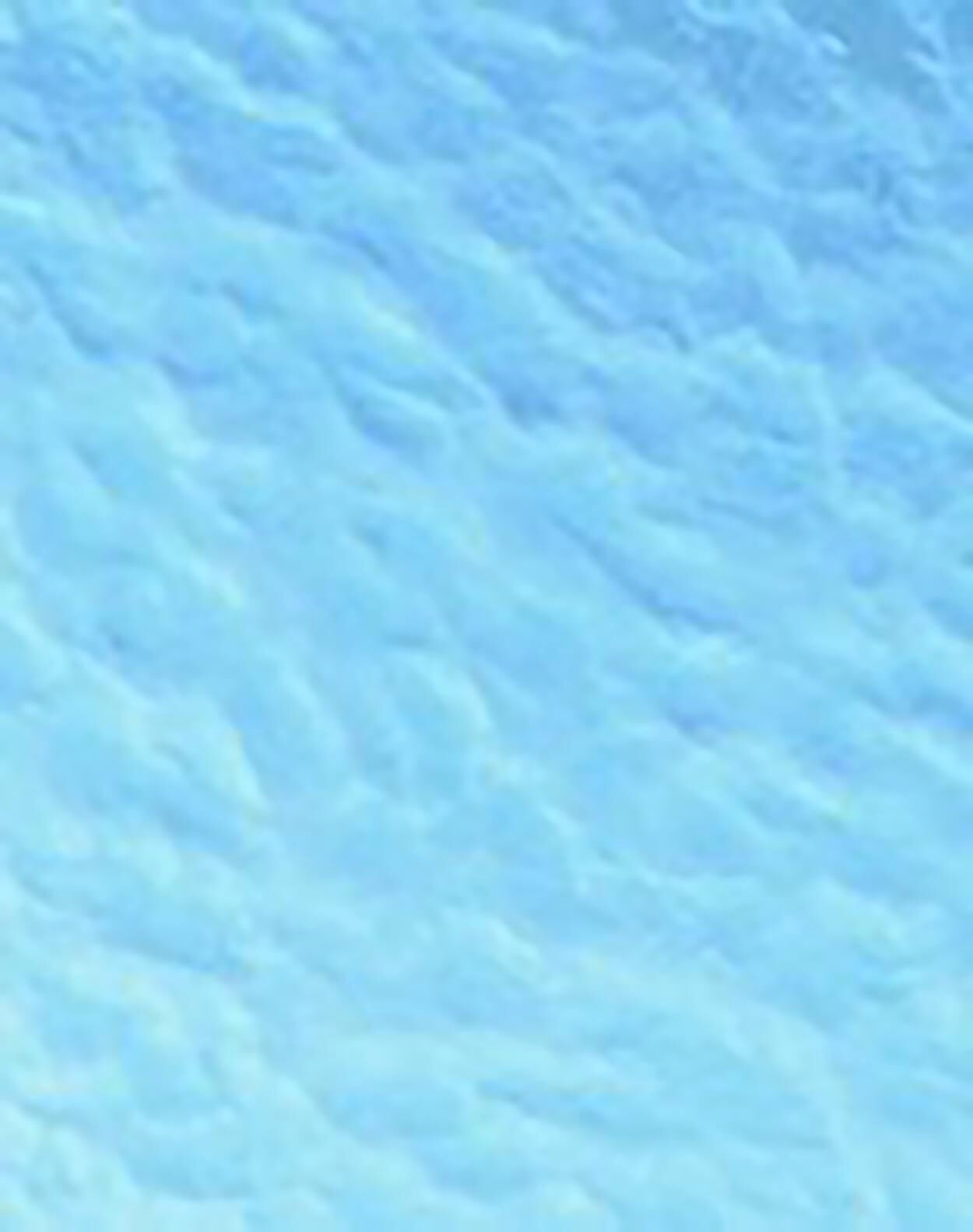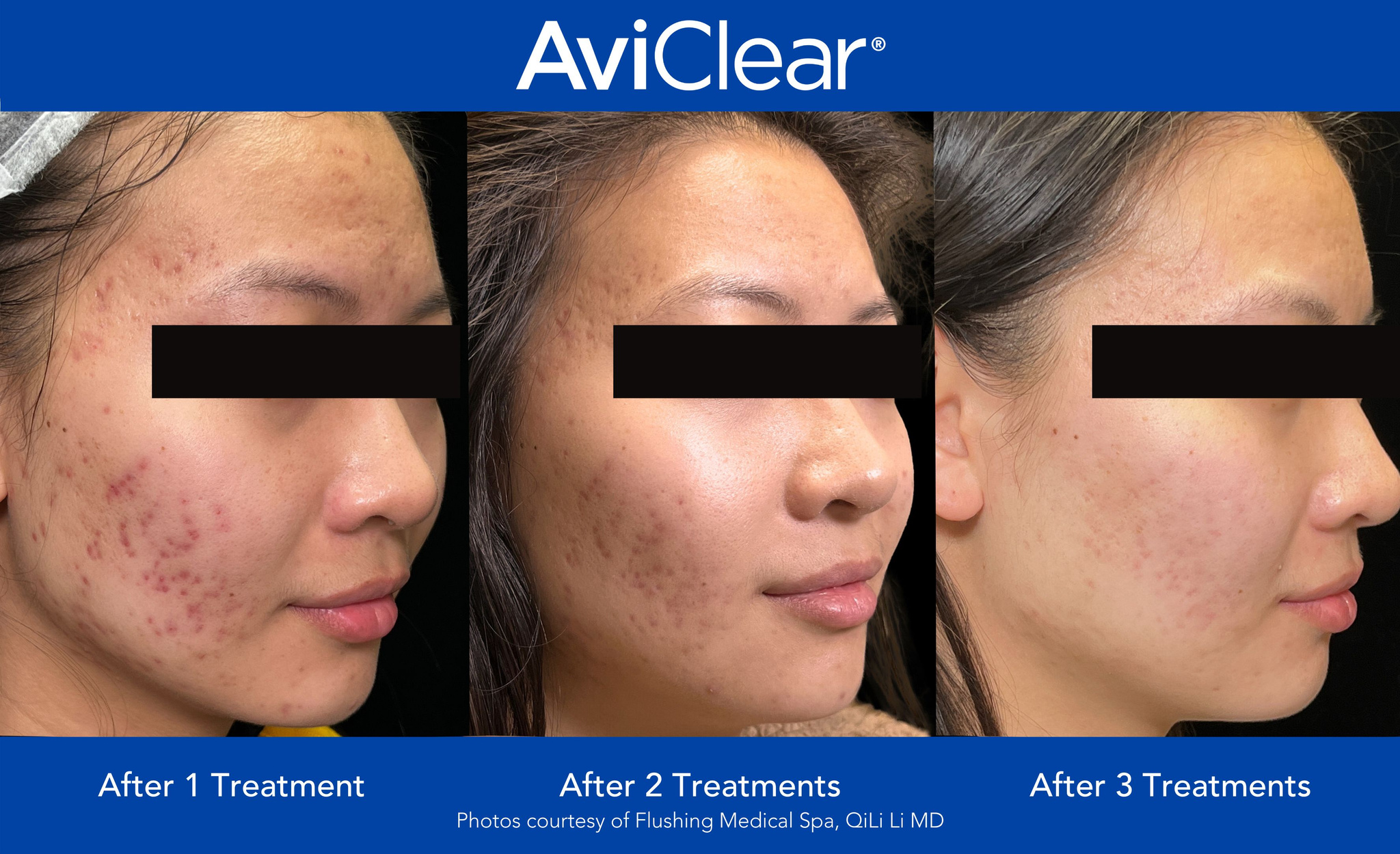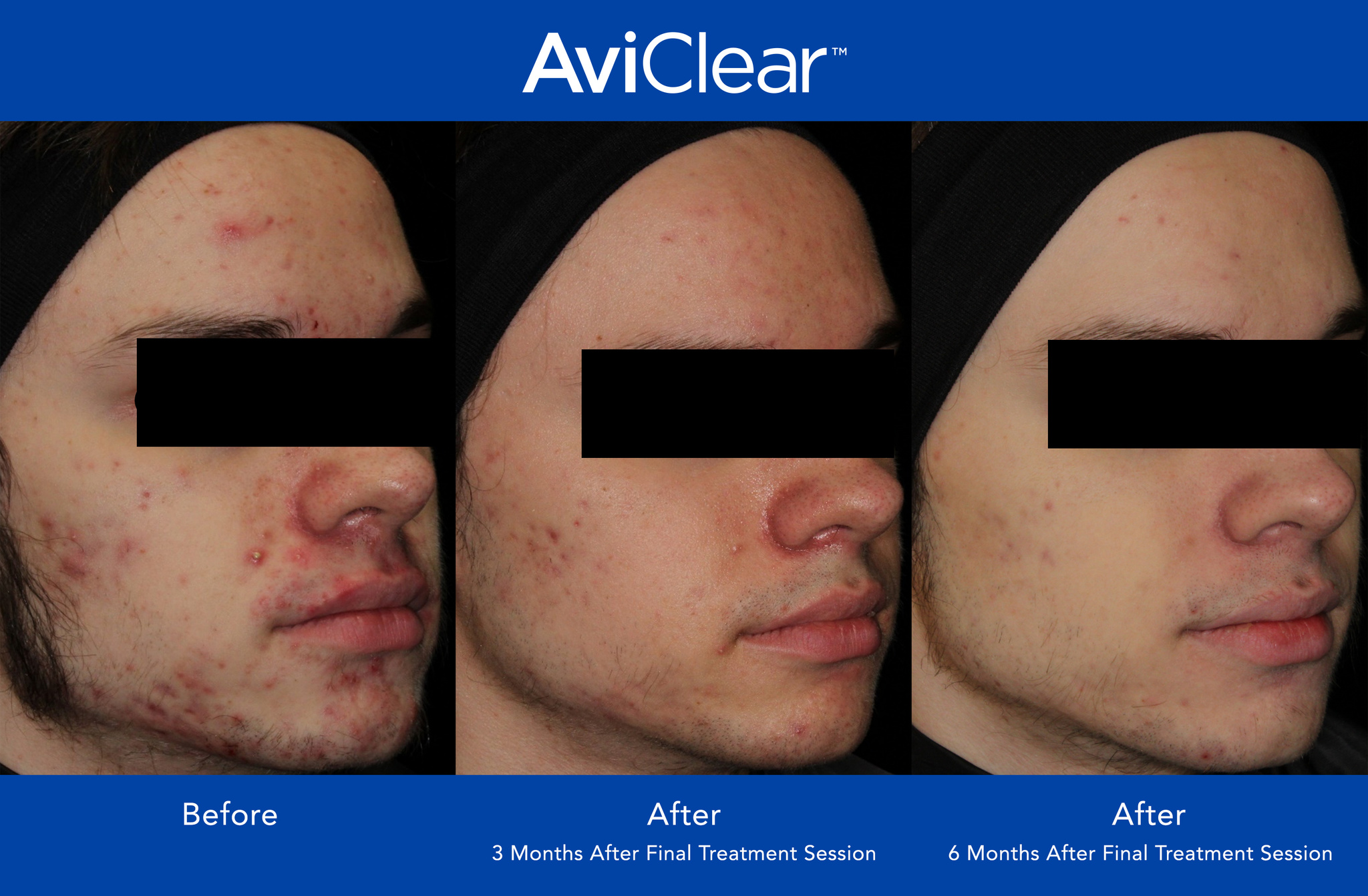
Acne
Acne is a widespread dermatological condition that affects almost everyone at some point in their lives. Acne occurs as a result of oil (sebum) and dead skin cells that become trapped within the oil-producing (sebaceous) glands, causing them to develop a plug called a comedone. A comedone evolves into acne when bacteria grows and triggers inflammation near the surface of the skin. Different types of visible blemish can appear, depending on the severity of the condition (blackheads, whiteheads, papules, pustules, nodules, cysts).
Most cases of acne can be treated effectively, but there is no single treatment that works for every individual. At Northside Dermatology, we offer examinations and both medical and non-medical treatment regimens to help patients of all ages identify and manage their acne.
What Causes Acne?
A number of factors can contribute to the development of acne, including:
- Genetics: There is a tendency for acne to run in families, suggesting there is a genetic component that can increase your risk of developing acne.
- Hormones: Hormonal changes caused by puberty, pregnancy, menopause, stress or a medical condition can increase oil production which in turn can stimulate acne.
- Diet: A high glycaemic index (GI) diet full of processed and refined foods can worsen acne. Consumption of dairy products can also exacerbate acne in some individuals.
- Cosmetics: Thick makeup and skincare products can clog the sebaceous glands, as can some hair products that come into contact with the skin.
What Skincare Products Should I Use If I Am Acne Prone?
For mild cases of acne or oily skin, a good skin care regimen may be sufficient to manage the condition. Look for lighter formulations of cleansers, moisturisers and sunscreens with labels like “non-comedogenic” and “oil-free.” Incorporating active ingredients like niacinamide, alpha hydroxy acids, beta hydroxy acids, benzoyl peroxide and topical retinoids into your routine can help balance sebum activity, clear congestion and prevent acne from forming. We recommend introducing one active ingredient at a time, as many can cause irritation. Our dermal clinicians can review your current skincare routine and help you find the most beneficial products for your skin. Book your appointment with our dermal clinicians.
What Skincare Products / Topical Agents Should I Avoid When I Am Acne Prone?
Avoiding irritation of the skin can reduce inflammation and acne lesions. Those prone to acne tend to over-cleanse and use harsh products on their skin to reduce congestion. Though this may sound like a logical approach, it is usually counterproductive. Excessive use of oil-stripping products can actually increase irritation, oil production and skin cell turnover, increasing blockage of the pores and resulting in more acne lesions. This will need to be treated before continuing with topical products.
It’s also important to avoid heavy makeup and oil-based products if your skin is vulnerable to blocked pores. Many people use products such as Bio-Oil and rosehip oil on their skin, which can aggravate acne. Non-comedogenic makeup and mineral makeup are safe to use.
Can I Change My Diet to Improve My Acne?
A nutritious, balanced diet is essential to good health whether you have acne or not, but evidence suggests that certain dietary changes may help some people with acne-prone skin. Limit your intake of dairy and refined sugar, and try a low glycaemic index diet to regulate your blood sugar levels and hormones. Low GI foods include most fruits and vegetables, legumes, nuts, meat, fish and many grains.
What Prescription Treatments Are Available for Acne?
More persistent cases of acne may respond best to a medical approach. Topical prescription treatments for acne include antibiotics, retinoids or a combination of the two. Oral antibiotics or retinoids can help reduce bacteria and fight inflammation. For female patients, anti-androgen therapies that regulate hormones are a treatment option. Each of these prescription solutions offers a stronger level of acne treatment than products purchased over the counter.
What Is Isotretinoin Treatment for Acne?
The retinoid isotretinoin is the most potent and effective treatment available for severe acne. Isotretinoin is a vitamin A derivative that comes in a capsule and is typically taken once a day with the largest meal. It works by targeting multiple causes of acne simultaneously: excess sebum production, enlarged sebaceous glands, follicular occlusion, bacteria growth and inflammation. Only a specialist dermatologist can prescribe isotretinoin.
Can I Be Cured From Acne?
Isotretinoin is the gold standard for treating and curing acne. The duration of treatment depends on the severity of your acne and your body weight. Most courses last six to 12 months, and most patients require only one course to achieve a good result.
I Have Acne But I Don’t Want to Go on Medication Yet. What Should I Do?
You can book in for an appointment with our AviClear laser consultant for a complimentary consultation. Click here to book.
You can also see our Acne specialist GP via the rapid access acne clinic for both prescription and non prescription treatment options, book here
Do you have a guide on acne management?
Please see the video below recorded by our dermatologist Dr Liu on acne management, things to consider and who to see for help.
Click below to see Dr Liu’s advice on how to manage your acne and who to see.
What is the AviClear laser treatment option for acne?
AviClear uses the power of laser light to selectively target and suppress sebaceous glands, eliminating acne at the source without the need for prescription medications. The mechanism of action is similar to that of oral vit A capsules (isotretinoin)

How many treatments are needed with AviClear laser?
Three, 30-minute treatment sessions spaced 4-6 weeks apart
How does the AviClear laser treatment feel?
AviClear is equipped with exclusive AviCool™ skin cooling and sensory controls that maintain our skin’s temperature during treatment for a more comfortable experience.3 During treatment, you may notice a slight snapping sensation. In clinical studies, patients tolerated the treatment well, without the need for pain mitigation or the need to stop the treatment session.
When does the AviClear result kicks in?
92% of patients treated with AviClear saw at least half of their acne resolve at 12 months following treatment. And results may continue to improve with time — even several months after your treatment sessions are finished.

If People Grow Out of Acne Over Time, Why Is it Important to Treat?
Acne can improve with time. However, if left untreated, inflammatory, comedonal and cystic acne can lead to permanent scarring. Acne scarring can take a significant emotional toll and, though there are treatments that can improve the appearance of acne scars, they can rarely restore perfect skin. Early treatment is best.
What Is the RAPID ACCESS ACNE CLINIC?
Visit our rapid access acne clinic, run by our GP acne specialist, to discover the full range of acne treatment options: including prescription creams, antibiotics, anti-androgen medication, oral vitamin A, and the new AviClear laser. If required, our GP acne specialist will fast-track you to see our dermatologists.
As part of your rapid-access acne clinic consultation, you will receive a complimentary consultation with one of our dermal clinicians, discussing complimentary skin care, acne peels, comedones extraction, diathermy and various treatment options for acne scarring.
Book your appointment online or call 03 8582 8688 for an appointment today
Contact Us
Hours of Operation
Monday - Friday, 9am-5pm
Phone Number
Fax Number
Emails
Medical Enquiries:
reception@northsidedermatology.com.auLaser & Cosmetic Enquiries:
cosmetic@northsidedermatology.com.au